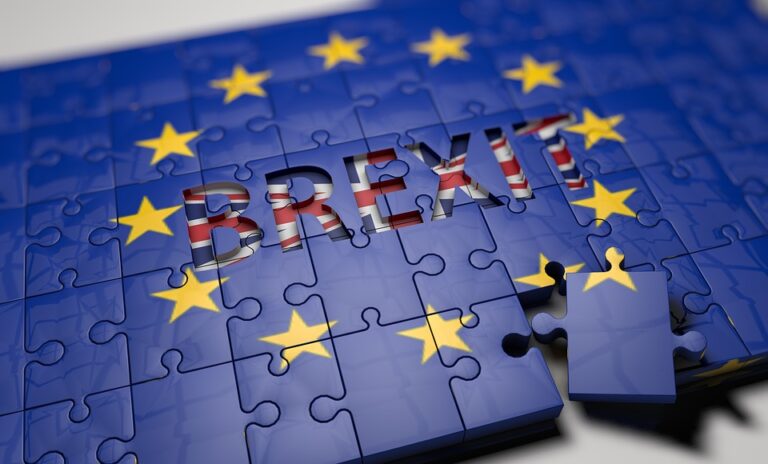The Freight Transport Association is advising companies to be prepared for a worst case Brexit scenario, in the light of the lack of progress in the negotiations between the UK and EU.
Head of European policy Pauline Bastidon said: “There are massive decisions which need to be made urgently by companies and cannot be left to the last minute. Given the scale of adaptions required in the event of a No Deal exit.
Bastidon said the current state of uncertainty left the logistics sector in limbo, and FTA members were being forced to plan for an uncertain future. “They face two choices: invest in and implement contingency plans that might not be needed if an agreement is reached, or take no action and risk being unprepared in the event of a No Deal exit.
“FTA advises all companies to begin preparing for the worst-case scenario and calls upon the government to give clear directions to industry, building on the no deal notices and focusing on the points of greater concerns to the industry, from detailed information required to prepare for possible customs formalities to post-Brexit immigration rules. Contradictory signals are unhelpful and risk giving industry a false sense of security.”
The association wants the European Commission and the UK government to provide better co-ordination of Brexit preparations. “We’re seeing too many uncoordinated actions by member states in isolation – plans based on assumptions rather than proper dialogue or a clear strategy. Authorities need to be allowed to exchange information on the expected location of controls, traffic management and other measures taken to mitigate the impact of border delays to minimise disruptions on the flow of goods,” said Bastidon.
“The European Commission should take the lead in identifying areas where coordinated ‘emergency’ agreements will be a must if the two sides fail to reach a deal. This is especially salient in transport – the logistics industry needs the legal certainty that trucks, planes and trains will be able to circulate without market access restrictions after Brexit, even in the event of a No Deal exit.”







